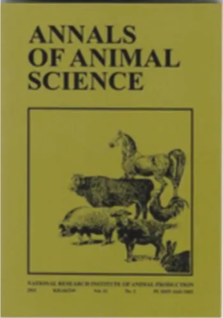Document type : Article published in Le Paysan breton
Author: Bernard Laurent
Preview: The breeding of whole males in Spain does not hinder the export of meat. Stopping live castration is not an issue. The Dutch, who export piglets, would like to see harmonisation of practices in the EU.
Age at slaughter and genetics provide the keys to non-castration
Kiko Aberia, (Vall Companys Group), Spain: In 15 years our company, which produces 5 million pigs a year, has gone from an average carcass weight of 79 kg at slaughter to 89 kg. During that period, the age at slaughter has been moved forward by 25 days. It is age that counts for sexual maturity, rather than weight. So this genetic improvement allows us to avoid the risk of odours. Our pigs are also better fed; they produce less fat, which is where odours are carried. In standard farms (2,500 sows), we keep males and females in different spaces. There is no contact between the two sexes, which slows down sexual maturity. A group will leave for the abattoir as follows: first the males leave, then the bulk of the group and, finally, the last females. No odours are detected at the abattoir. Some of our customers ask for meat from females, but meat from whole males is easily sold. We even use it in the production of dry-cured hams, which are sold at the entry level (half the price of the top of the range). For our premium products we use the Duroc breed, which is less lean than the Piétrain. For exports to Asia, this is not an issue, even for pork belly meat. Technically (levels of destructured meat), we do not notice any difference between males and females.
The aim is to breed whole males but ...
Frans Van Dongen, (Dutch National Association of Slaughterers,Processors, Exporters), Netherlands: Castration under anaesthesia is only a temporary measure. It is carried out usingCO2, with financial help provided to farmers (in relation to contracts and export of piglets to Germany). The goal is to raise whole males (currently 70% of production) even if there are still obstacles to this: taint, differences in practice in the European Union, quality levels that are unsuitable for certain markets. We have had problems on the Italian market with whole-male hams.
For this market we are currently using castration with a payment to the farmer to carry it out. The distributors in the Netherlands demand meat from whole males because castration does not meet the requirements of the Beter Leven (better living) animal welfare label (especially for fresh meat). Odour checks are carried out in the abattoirs. Meanwhile, not all consumers are aware of this label, which paradoxically constrains the progress of the rearing of whole males.





